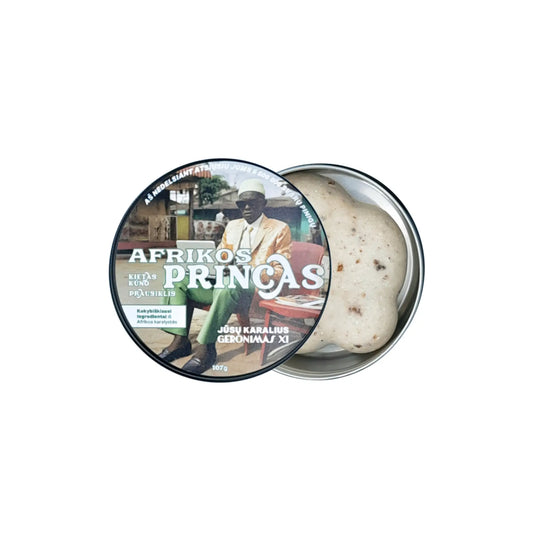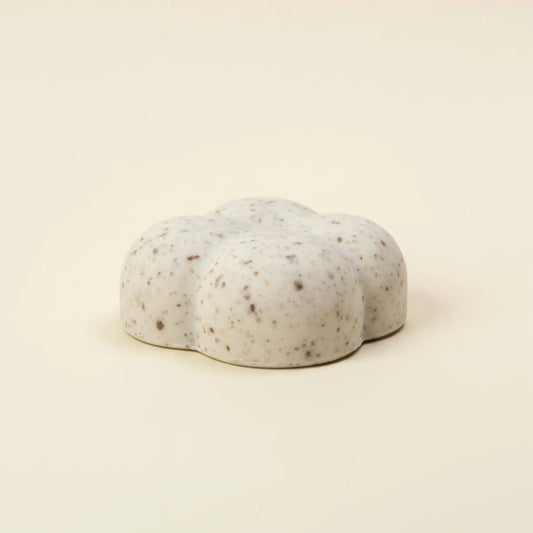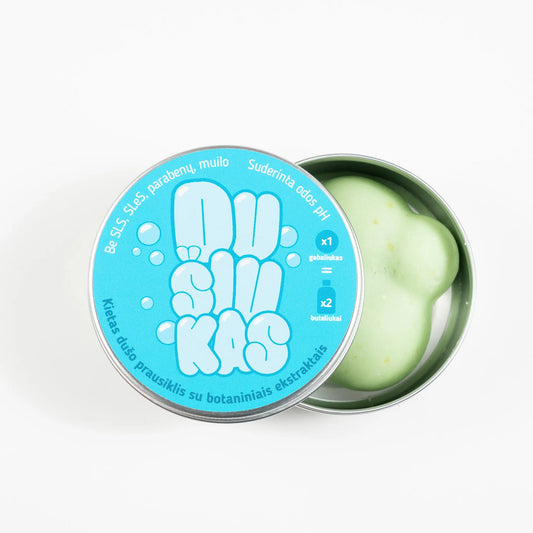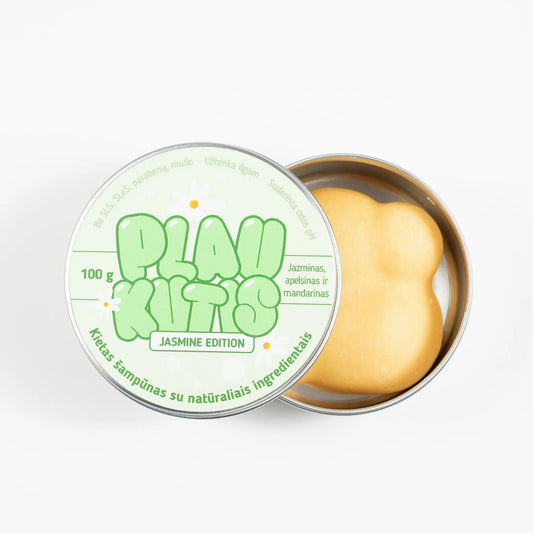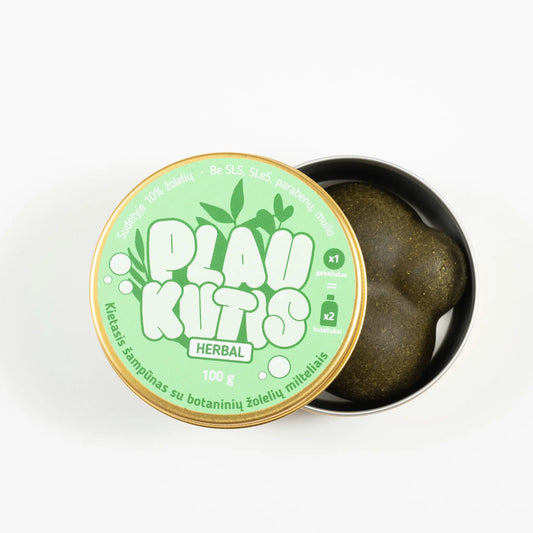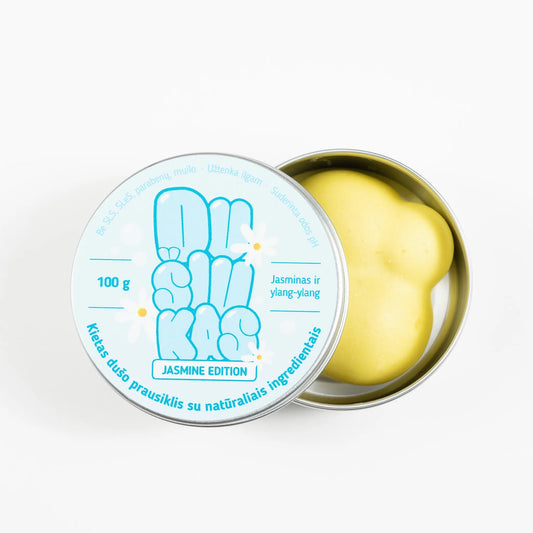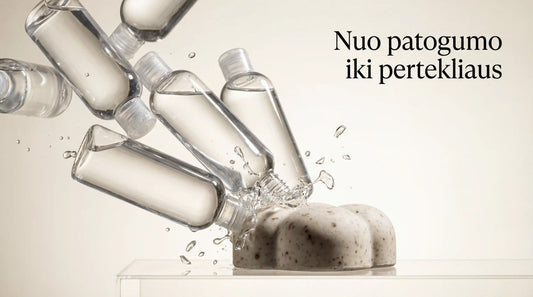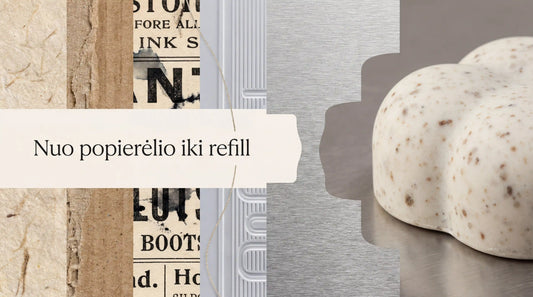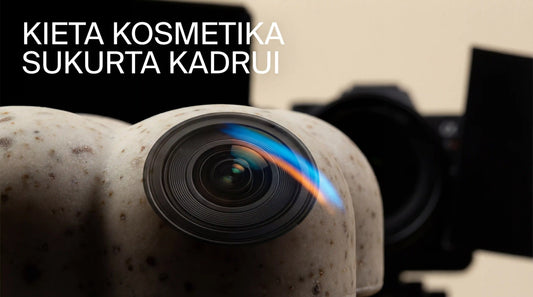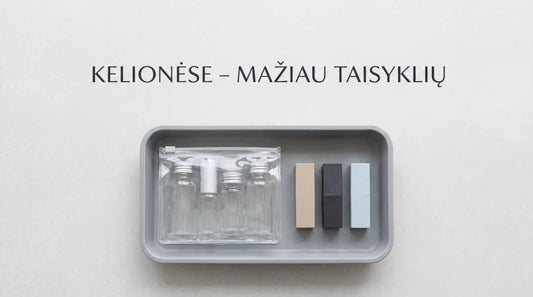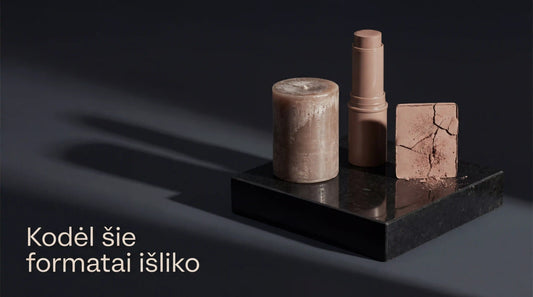Is there a magic ingredient for stronger, thicker, healthier hair? Let us introduce you to biotin, also known as vitamin B7. This vitamin is a true hero when it comes to maintaining gorgeous hair. But what exactly is biotin? And how does it help keep our hair in tip-top condition? In this article, we’ll explain it all in simple terms so you can understand how biotin can be your secret weapon for hair health.
Introduction to Biotin and its Role in Hair Health
Biotin, sometimes called vitamin B7 or even the “hair vitamin,” is a water-soluble vitamin from the B-complex group. Unlike other vitamins that can be stored in the body, biotin must be consumed regularly. It helps perform many functions, but one of its most famous roles is promoting hair health. Biotin helps our bodies produce keratin, the main protein that makes up our hair, skin, and nails. Think of keratin as the building block that gives each strand of hair its strength and structure.
Did you know that hair grows an average of 1.27 centimeters per month? This means that optimal conditions, including adequate biotin in the diet, can allow for the growth of about 15.24 centimeters of hair per year. A study published in the ' International Journal of Trichology ' (2016) found that biotin deficiency can lead to hair thinning and loss, highlighting its importance in maintaining healthy hair. Furthermore, a study conducted in Switzerland (' Journal of Clinical and Aesthetic Dermatology ', 2015) showed that 38% of women suffering from hair loss had low biotin levels, highlighting the need to maintain adequate biotin levels.
By stimulating the production of keratin, biotin helps hair become stronger and more resistant to breakage. This means fewer split ends, less hair loss, and healthier hair growth. Most of us want our hair to be thick, shiny, and strong, and biotin is an important part of that. But biotin isn't just good for your hair—it also has benefits for your skin and nails, which we'll talk about in more detail later.

How biotin supports hair, skin and nail health
Biotin doesn't just ensure beautiful hair; it takes care of overall beauty health from the inside out. Here's how it works:
- Hair Health : Biotin promotes hair cell growth by increasing keratin production. Keratin is essential for maintaining hair structure. If you have thin or brittle hair, biotin can help it grow longer, thicker, and stronger. It’s not an overnight miracle solution, but consistent biotin intake over time can help nourish your hair from the inside out. Fun fact: The average human head has about 100,000-150,000 hair follicles, and each one benefits from sufficient keratin production!
- Skin Glow : Biotin is important for maintaining healthy skin. It helps with fatty acid metabolism, which keeps skin looking soft and moisturized. When skin cells are well-nourished, they are better able to retain moisture and heal faster. This means fewer dry patches, less irritation, and an overall healthy glow. In a study published in The American Journal of Clinical Nutrition (1990), people with dermatitis due to biotin deficiency showed significant improvement after taking biotin supplements, demonstrating its role in skin health.
- Strong Nails : If you have brittle nails that break easily, biotin could be your secret ally. Just as it supports keratin in hair, it also strengthens nails. Regular use can help strengthen nails, making them less brittle and more resistant to breakage. Did you know that the average nail grows about 3 millimeters per month? A study published in ' Cutis ' (1993) found that biotin increased nail thickness and reduced nail splitting by 25% over six months.

Biotin works by supporting cell growth and the production of fatty acids, both of which are essential for healthy hair, skin, and nails. The good news is that you don't need fancy supplements to get biotin; there are many everyday foods that provide it naturally.
Food sources of biotin
You may be asking, “How can I get more biotin from food?” Fortunately, there are many foods that are rich in this vitamin and easy to incorporate into your daily diet:
- Eggs : One of the best natural sources of biotin. Don't leave out the yolk—that's where the most biotin is! One boiled egg provides about 10 micrograms of biotin, which is about a third of the recommended daily intake.
- Nuts and seeds : Almonds, peanuts, walnuts, and sunflower seeds are rich in biotin, healthy fats, and protein that support hair health. A quarter cup of sunflower seeds can provide about 2.6 micrograms of biotin.
- Legumes : Peanuts and soybeans are especially rich in biotin. Add a handful to your salad or eat them as a snack. One serving of peanuts contains about 5 micrograms of biotin.
- Salmon : Salmon is not only rich in omega-3 fatty acids, but it is also an excellent source of biotin. A 3-ounce serving of cooked salmon provides about 5 micrograms of biotin.
- Avocados : These creamy fruits are packed with vitamins, including biotin, which is great for your skin and hair. One avocado contains about 2-6 micrograms of biotin.

To get the most out of these biotin-rich foods, try to include them in your diet regularly. Add nuts and seeds to yogurt, use avocado as a spread on toast, or make a vegetable omelet with eggs—these simple choices can go a long way toward maintaining healthy hair. A balanced diet that includes biotin-rich foods is usually enough to meet your daily needs without supplements.
Biotin and the recommended daily allowance
So how much biotin do you really need? The recommended daily allowance for adults is about 30 micrograms per day, and that's usually easy to meet through a balanced diet. If you regularly eat eggs, nuts, seeds, and leafy greens, you're probably getting enough biotin.
Interestingly, a study from Japan, published in Nutrients (2017), showed that biotin levels can vary greatly between individuals, depending on dietary habits and even genetic factors. Biotin deficiency is relatively rare, but it can cause symptoms such as thinning hair, skin rashes and brittle nails. However, some groups may be at higher risk, such as pregnant women or those with certain health conditions that affect nutrient absorption.
A 2019 study published in BMC Pregnancy and Childbirth found that up to 20% of pregnant women had low biotin levels due to increased nutrient needs during pregnancy. If you find that your hair is unusually brittle or falling out more, it’s worth talking to your doctor about taking a biotin supplement. But remember, more isn’t always better — taking very high doses of biotin when you don’t need it won’t help your hair grow faster. In fact, taking too much biotin can interfere with certain lab tests, including thyroid tests, so always talk to your doctor before taking supplements.

The myth about biotin: interesting facts
Let's dispel some common myths about biotin and hair health:
- Myth: Biotin supplements guarantee longer hair
- Truth : Biotin can help improve hair health, but it's not a guaranteed solution for rapid growth. Hair growth depends on genetics, diet, and lifestyle. In one survey, only about 20% of people taking biotin supplements noticed any difference in hair length.
- Myth: Not getting enough biotin from food
- Truth : Most people can get all the biotin they need from a healthy, balanced diet. For example, a traditional Indian diet rich in legumes provides enough biotin.
- Myth: Biotin works overnight
- Truth : Biotin works gradually. It may take several months before you notice a significant difference in your hair, skin, or nails. Studies show that noticeable changes in nail thickness take about six months.
- Myth: Biotin is only for hair
- Truth : Biotin is not only good for your hair, but also for your skin, nails, and even your metabolism. In a study of 100 people published in the Journal of Drugs in Dermatology (2012), those who were deficient in biotin saw improved skin hydration and nail strength after taking the supplement regularly.
- Myth: Biotin is unsafe
- Fact : Biotin is safe for most people when taken at recommended doses. Always consult a healthcare professional before taking supplements. Interestingly, biotin is used as a treatment for multiple sclerosis in high doses under medical supervision due to its possible neuroprotective effects.

Practical tips on how to increase your biotin levels
- Eat more eggs : Include eggs in your breakfast. Scrambled, boiled, or fried, eggs are a great source of biotin.
- Snack on nuts and seeds : Carry a small bag of almonds or sunflower seeds for an easy source of biotin.
- Add avocados : Use mashed avocado as a spread on sandwiches or in salads.
- Enjoy more salmon : Try to eat salmon at least once a week to get an extra dose of omega-3s and biotin.
- Eat legumes : Include a serving of lentils or chickpeas in your meals. Not only are they rich in biotin, they also provide plant-based protein.
If you’re looking for a quick snack with biotin, try making a smoothie with avocado, almond butter, and a handful of spinach. This combination is not only delicious, but it also provides your body with biotin and other essential nutrients.
Frequently asked questions about biotin
- Can biotin make my hair grow faster?
- Biotin supports healthy hair growth, but it's not a magic elixir for speed. Consistent use over time can help.
- Do I need a biotin supplement if I want better hair?
- Most people get enough biotin from their diet. Supplements are only needed if there is a deficiency.
- Can biotin improve my skin?
- Yes, biotin plays an important role in maintaining healthy skin by promoting cell growth and moisture retention. In one study, participants who took biotin supplements reported a 25% improvement in skin hydration after three months.
- How long do I have to wait for results with biotin?
- It may take several months before you see visible changes in your hair or nails. Patience is key!
- Can you have too much biotin?
- Yes. While biotin is generally safe, very high doses are not recommended unless advised by a doctor. A 2017 study published in The New England Journal of Medicine found that excessive biotin intake can interfere with laboratory tests, causing false results.

Conclusion: The essential role of biotin in hair health
Biotin plays an important role in maintaining healthy hair, skin, and nails by promoting keratin production and cell growth. Whether you’re looking to strengthen your hair or improve your skin’s glow, incorporating biotin-rich foods into your diet is a great start. Remember, a consistent and balanced diet is important—and biotin is just one piece of the puzzle. If you’re considering supplementation, talk to your healthcare professional about whether it’s right for you.
Interesting cultural fact: In Switzerland, biotin-rich foods like eggs and nuts are a common part of traditional breakfasts, which may explain why Swiss women are often noted for their healthy hair and glowing skin.
Have you tried biotin for your hair? Share your experience with us! We'd love to hear how it helped you and what advice you have for others looking to improve their hair health.
